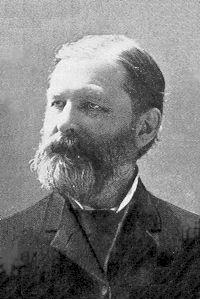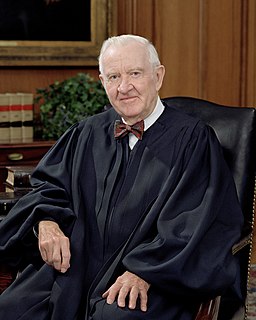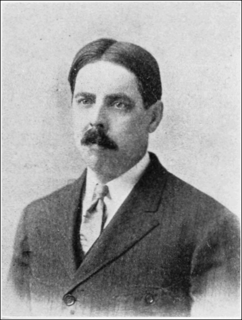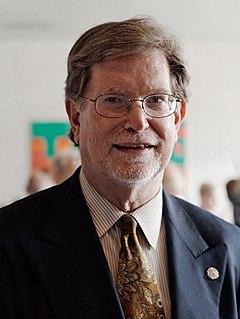A Quote by David Hume
The first ideas of religion arose, not from contemplation of the works of nature, but from a concern with regard to the events of life.
Related Quotes
Philosophical questions are not by their nature insoluble. They are, indeed, radically different from scientific questions, because they concern the implications and other interrelations of ideas, not the order of physical events; their answers are interpretations instead of factual reports, and their function is to increase not our knowledge of nature, but our understanding of what we know.
Science spotlights three dimensions of nature that point to God. The first is the fact that nature obeys laws. The second is the dimension of life, of intelligently organized and purpose-driven beings, which arose from matter. The third is the very existence of nature. But it is not science alone that has guided me. I have also been helped by a renewed study of the classical philosophical arguments.
The works of nature and the works of revelation display religion to mankind in characters so large and visible that those who are not quite blind may in them see and read the first principles and most necessary parts of it and from thence penet into those infinite depths filled with the treasures of wisdom and knowledge.
Thus society is born, as something required by nature, and (because this nature is human nature) as something accomplished through a work of reason and will, and freely consented to. Man is a political animal, which means that the human person craves political life, communal life, not only with regard to the family community, but with regard to the civil community.
What our view of the effectiveness of religion in history does at once make evident as to its nature is--first, its necessary distinction; second, its necessary supremacy. These characters though external have been so essential to its fruitfulness, as to justify the statement that without them religion is not religion. A merged religion and a negligible or subordinate religion are no religion.
One form of religion perpetually gives way to another; if religion did not change it would be dead. ... Each time the new ideas appear they are seen at first as a deadly foe threatening to make religion perish from the earth; but in the end there is a deeper insight and a better life with ancient follies and prejudices gone.
We define religion as the assumption that life has meaning. Religion, or lack of it, is shown not in some intellectual or verbal formulations but in one's total orientation to life. Religion is whatever the individual takes to be his ultimate concern. One's religious attitude is to be found at that point where he has a conviction that there are values in human existence worth living and dying for.









































